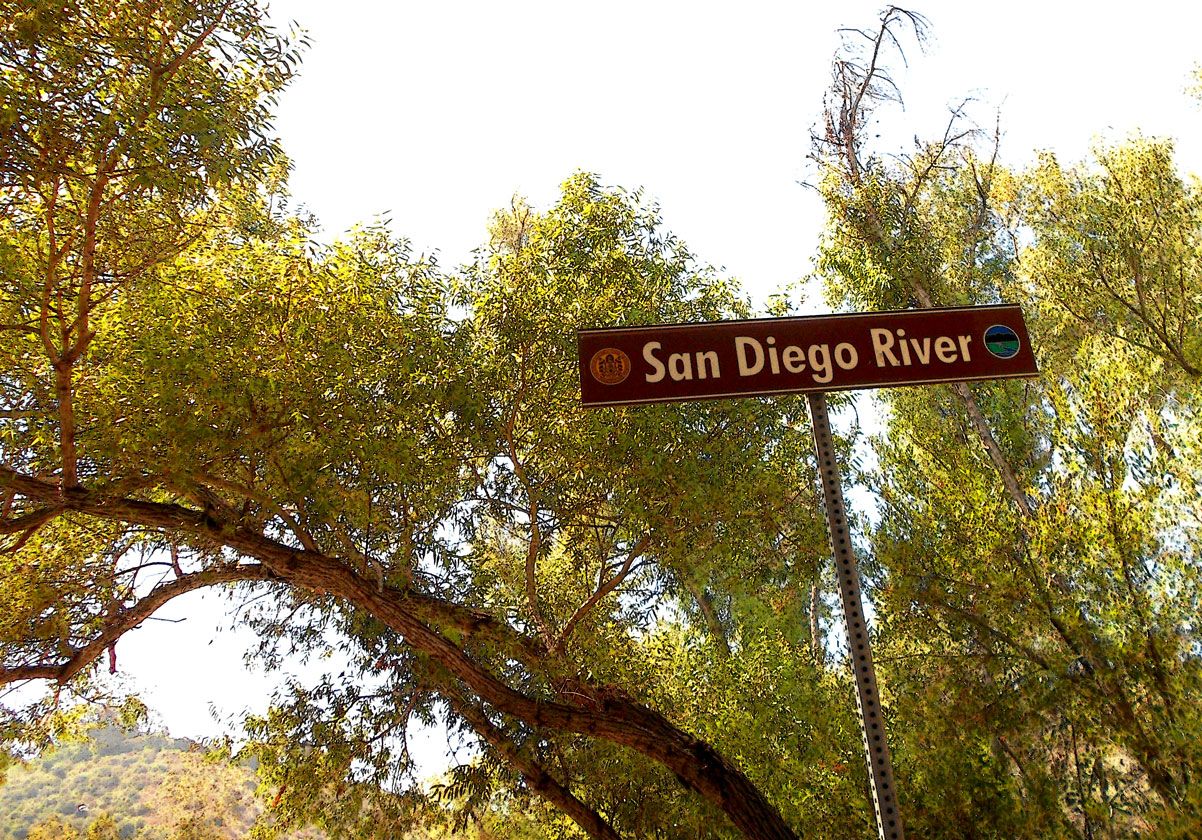Theology of the Cross: what does this mean for the Church's and this congregation's life and mission?
Rise, Shine, You People!1. Theology of glory vs. theology of the cross:
1. Rise, shine, you people! Christ the Lord has entered
Our human story; God in him is centered.
He comes to us, by death and sin surrounded,
With grace unbounded!
2. See how he sends the powers of evil reeling;
He brings us freedom, light and life and healing.
All men and women, who by guilt are driven,
Now are forgiven.
3. Come, celebrate, your banners high unfurling,
Your songs and prayers against the darkness hurling.
To all the world go out and tell the story
Of Jesus' glory.
4. Tell how the Father sent his Son to save us;
Tell of the Son, who life and freedom gave us.
Tell how the Spirit calls from every nation
The new creation.
Text: Ron A. Klug
Theologians of glory build their theology in the light of what they expect God to be like, inventing God to look something like themselves. Theologians of the cross build their theology in the light of God's own revelation of himself, particularly God's self-revelation in Christ crucified. In addition, the cross of Calvary forms a paradigm and model for God's characteristically hidden and paradoxical, sacramental presence in the commonest things, situations and people.
- Domesticated gods: Egyptian imperial religion; Roman imperial religion; Jerusalem Temple; contemporary consumerism
- Reign of death
- God of the bible: dynamic, free and elusive; the God who raises the dead
- Dietrich Bonhoeffer: "God's unfathomable condescension!"
- Martin Luther: "God without strange work is God without proper work."
- Three uses of the law: Martin Luther and John Calvin
- Law and Gospel
Heidelberg Disputation
19. That person does not deserve to be called a theologian who looks upon the invisible things of God as though they were clearly perceptible in those things that have actually happened [Romans 1:20].
20. He deserves to be called a theologian, however, who comprehends the visible and manifest things of God seen through suffering and the cross.
21. A theologian of glory calls evil good and good evil. A theologian of the cross calls the thing what it actually is.
22. That wisdom which sees the invisible things of God in works as perceived by man is completely puffed up, blinded, and hardened.
2. Hebrew Bible roots/wellsprings
Especially look for God's hidden yet apparent presence and for "Types of Christ"
- Genesis 9:12-16 Noah! God disarms
- Exodus 6:6 - God redeems, frees, liberates us with an outstretched arm and judgment
- Exodus 25:17 - a mercy seat, Gnadenstuhl - more Luther!
- Amos 7: Plumb line in the city
- Leviticus 25: 25 Ruth 3, 4 - Right of redemption; office of Redeemer
- Exodus 19, 20 - Moses and the Sinai Covenant
- Isaiah 45:15 - a hidden God
- Job 19:25 - Job's Redeemer lives
- Isaiah 43:1 - our Creator God becomes our Redeemer; a lot of redemption throughout 2nd Isaiah, the exilic Isaiah
- Matthew 17:1-9 - Transfiguration; sign of Jonah
- Matthew 12:40; Luke 11:29 - Sign of Jonah
- Romans 3:27-31 -the law still remains in its entirety; cross as both judgment and grace; God's Yes and God's No to the world.
- Romans 8:1-4 - because of Jesus Christ, we no longer live under the Law's condemnation
- Revelation 22:1-5 - the River of Life flows from the throne of God—from the cross

